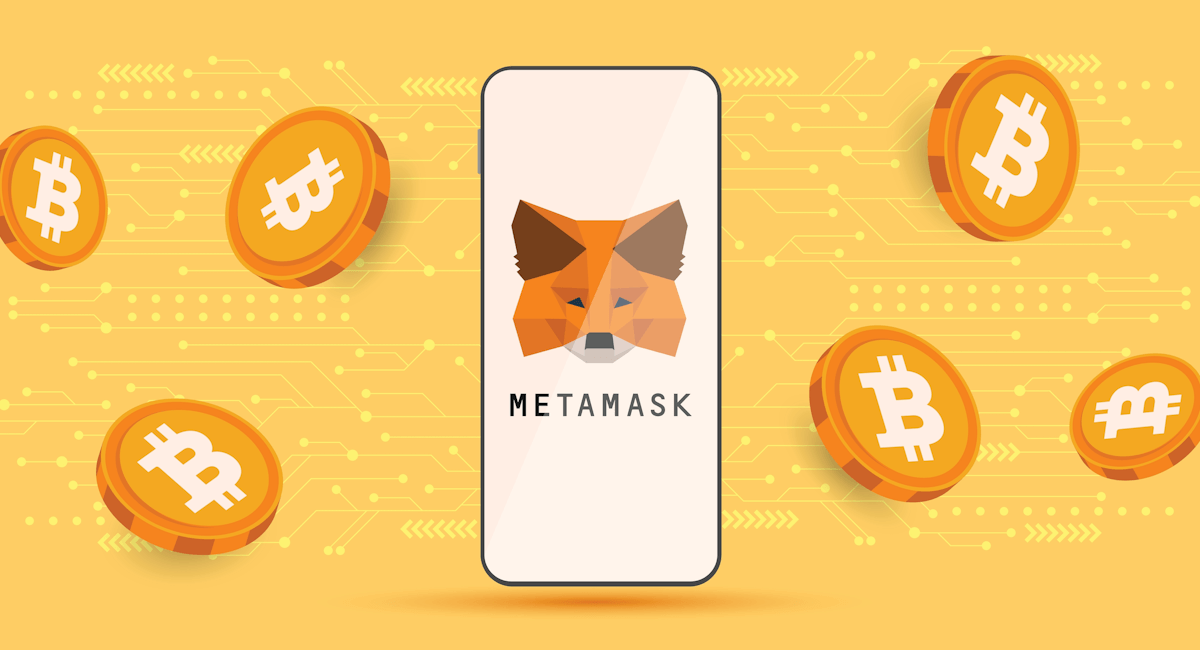In an era where digital currencies are rapidly transforming the financial landscape, crypto wallets have emerged as an essential tool for anyone looking to interact with cryptocurrencies Metamask wallet. From facilitating transactions to ensuring the security of your digital assets, understanding what a crypto wallet is—and how to choose the right one—can be pivotal in navigating the world of blockchain technology.
What Is a Crypto Wallet?
At its core, a crypto wallet is a digital tool that allows users to store, manage, and transact with cryptocurrencies such as Bitcoin, Ethereum, and many others. Unlike traditional wallets that hold physical cash, crypto wallets don’t store the actual coins. Instead, they store the cryptographic keys—specifically, the private keys—that grant access to your digital assets on the blockchain. Essentially, if you possess the private keys, you have control over your cryptocurrency.
The Role of Private and Public Keys
Crypto wallets operate on a pair of keys:
- Public Key: This is akin to your bank account number or email address. It is shared with others to receive funds.
- Private Key: This is your secret code—comparable to a password—that provides access to your funds. Maintaining its confidentiality is paramount since anyone with your private key can control your assets.
The interplay between these keys ensures that transactions are secure, verifiable, and decentralized, making crypto wallets fundamental to the blockchain ecosystem.
Types of Crypto Wallets
Crypto wallets come in various forms, each with its own balance of security, convenience, and accessibility. Here are the main types:
1. Software Wallets
Software wallets are applications or programs that you install on your computer or mobile device.
- Desktop Wallets: Installed on a personal computer and generally offer a good balance between security and convenience. However, if your computer is compromised, so is your wallet.
- Mobile Wallets: These apps are designed for on-the-go transactions. They often include features like QR code scanning, making payments in physical stores easier. Their security largely depends on the security of your mobile device.
- Web Wallets: Accessible via web browsers, these wallets are the most convenient but also pose higher security risks since they are stored on third-party servers.
2. Hardware Wallets
Hardware wallets are physical devices, often resembling a USB drive, designed to store private keys offline. They are considered one of the safest methods for storing cryptocurrencies because they are less susceptible to online hacking attempts. However, their physical nature means they must be safeguarded against loss or theft.
3. Paper Wallets
A paper wallet is a physical printout of your public and private keys. By keeping these keys offline, paper wallets offer a high level of security against cyber threats. The trade-off is that paper can be easily damaged, lost, or destroyed, so proper physical security measures are necessary.
4. Custodial Wallets
Custodial wallets are offered by third-party services like cryptocurrency exchanges. In this setup, the service provider manages your private keys. While this option offers ease of use, it comes with risks—if the provider suffers a security breach, your funds might be at risk. Additionally, you are dependent on the provider’s policies and security practices.
Security Considerations
The adage “not your keys, not your coins” underscores the importance of maintaining control over your private keys. Here are some best practices to ensure the security of your crypto wallet:
- Backup Your Keys: Always create a secure backup of your private keys or recovery seed phrase. Store it in a safe, offline location.
- Use Strong Passwords and 2FA: Enhance security by setting strong, unique passwords for your wallet and enabling two-factor authentication.
- Regular Software Updates: Keep your wallet software up to date to protect against known vulnerabilities.
- Be Wary of Phishing Attacks: Always verify the authenticity of websites and communications related to your crypto wallet.
The Future of Crypto Wallets
As cryptocurrencies continue to gain mainstream adoption, the technology and features behind crypto wallets are evolving. Innovations like multi-signature wallets, which require multiple keys to authorize a transaction, and decentralized identity solutions are paving the way for more secure and user-friendly experiences. Moreover, integration with emerging financial technologies, such as decentralized finance (DeFi) platforms, is further expanding the utility of crypto wallets beyond simple storage and transactions.
